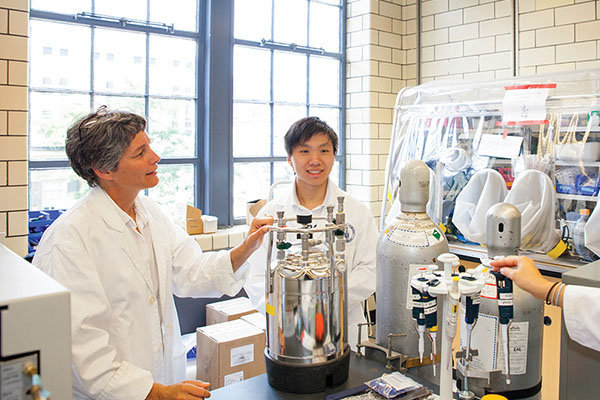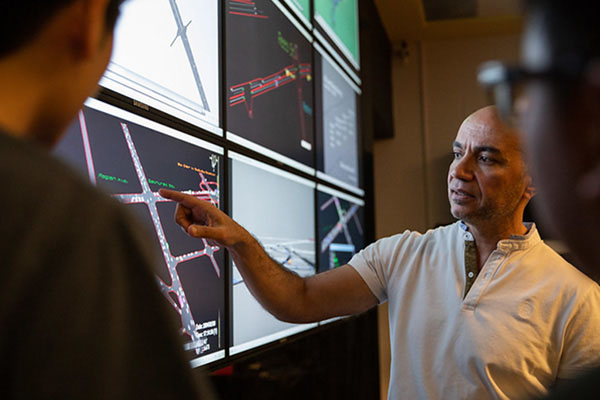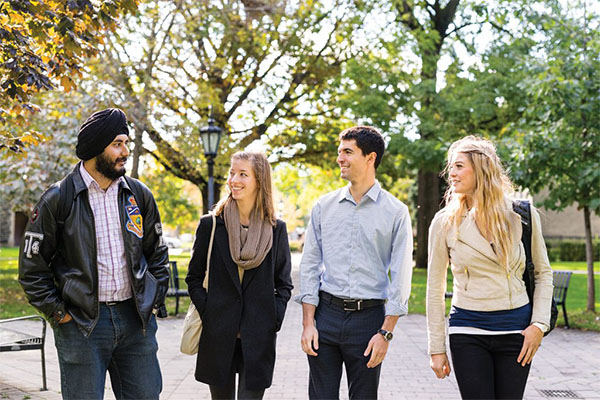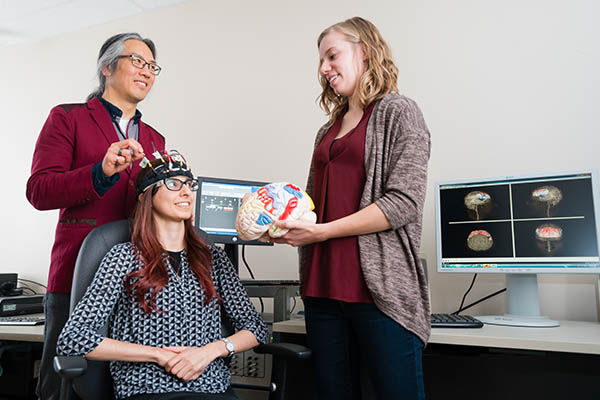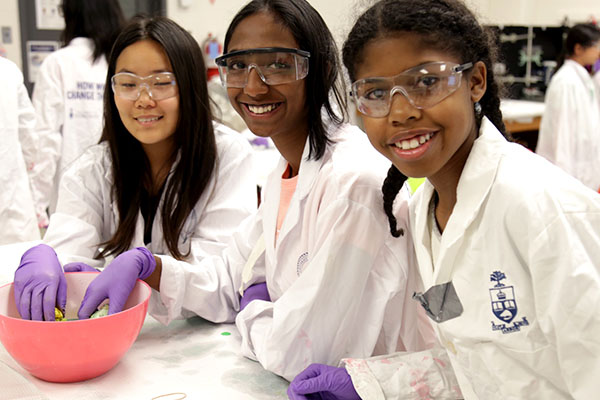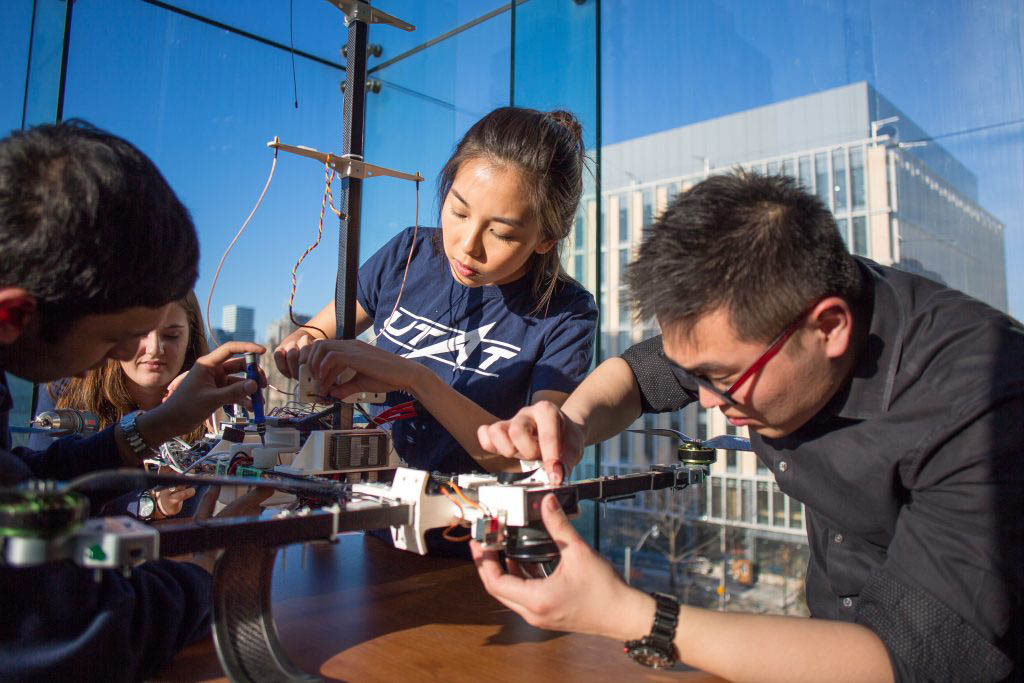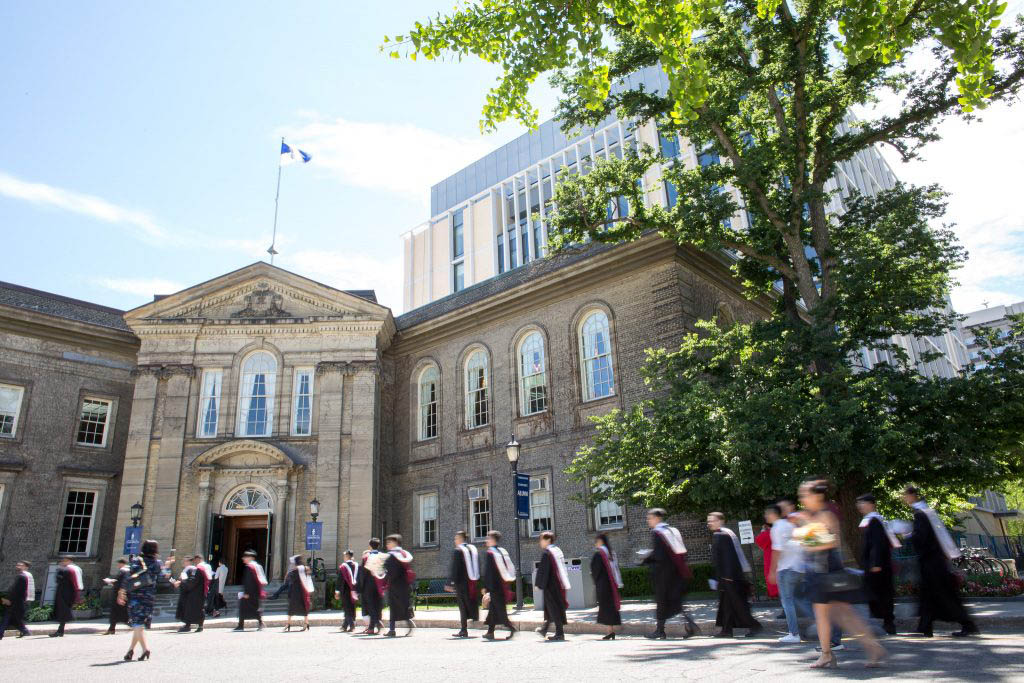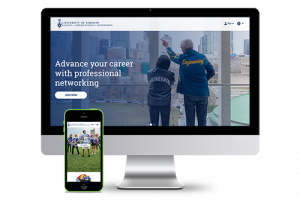Abstract
General-purpose pretrained models have transformed natural language processing, computer vision, and other fields. In principle, such approaches should be ideal in robotics: since gathering large amounts of data for any given robotic platform and application is likely to be difficult, general pretrained models that provide broad capabilities present an ideal recipe to enable robotic learning at scale for real-world applications.
From the perspective of general AI research, such approaches also offer a promising and intriguing approach to some of the grandest AI challenges: if large-scale training on embodied experience can provide diverse physical capabilities, this would shed light not only on the practical questions around designing broadly capable robots, but the foundations of situated problem-solving, physical understanding, and decision making. However, realizing this potential requires handling a number of challenging obstacles. What data shall we use to train robotic foundation models? What will be the training objective? How should alignment or post-training be done? In this talk, I will discuss how we can approach some of these challenges.
Speaker bio
Sergey Levine received a BS and MS in Computer Science from Stanford University in 2009, and a Ph.D. in Computer Science from Stanford University in 2014. He joined the faculty of the Department of Electrical Engineering and Computer Sciences at UC Berkeley in fall 2016. His work focuses on machine learning for decision making and control, with an emphasis on deep learning and reinforcement learning algorithms. Applications of his work include autonomous robots and vehicles, as well as computer vision and graphics. His research includes developing algorithms for end-to-end training of deep neural network policies that combine perception and control, scalable algorithms for inverse reinforcement learning, deep reinforcement learning algorithms, and more.




